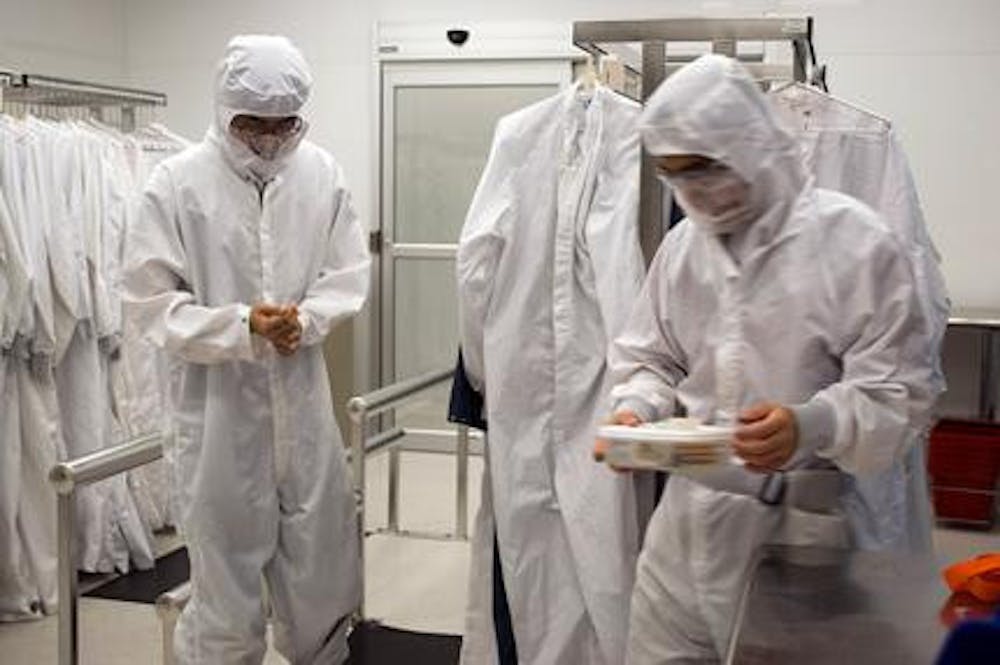What futuristic discovery could create about two million jobs and is smaller than the dust collecting on your textbooks?
The answer is nanoparticles, and UF is working to educate people on their importance with a new one-credit class.
Nano for the Rest of Us-EMA 4935 for undergraduates and EMA 6938 for graduate students-is designed to put students and faculty from different disciplines together to learn from one another and figure out how nanotechnology is going to change the world for the better.
"It has potential that is unthinkable today," said Brij Moudgil, the engineering professor who started the class last summer with co-creators Bill Appleton and Rodney Guico.
Moudgil said he got the idea during his years of research at UF.
Once he began to understand the scope of the technology, which has applications from biomedicine to the environment, he decided there should be a class aimed at non-engineering students.
He said it doesn't matter what stage of study a student is in because the point is communication.
The class meets once a week, and each meeting features a professor from a different college who talks about how nanotechnology relates to his or her field of work, its opportunities and the questions being raised with each discovery.
The questions include ethical issues that must be faced when doctors are able to send nanobots into a patient's bloodstream to fight viruses or infections and how the media will inform the public about advancements and color the way society views these achievements.
Although the issues are important and can't be faced by researchers alone, Moudgil said, students shouldn't be intimidated.
"You don't have to be a mad scientist or even know anything about nanotechnology to do well and appreciate this course," he said.
"We want students to have fun," he said. "If you have fun, hard work is really not hard work, and you must have hard work to reach excellence."
Lisa Ferrera, a third-year materials engineering student, is taking the course and said she found the class when she was looking for a one-credit course.
Nano for the Rest of Us was the perfect solution, she said, with no homework, no tests and the opportunity to learn about something making a difference in our lives.
"I look forward to (the rest of the class)," she said. "It's very interesting, really relaxed…It encompasses what is really going on right now, and it takes everyone to do it."
Moudgil said he hopes the class can evolve and that more students, faculty and people from different backgrounds will take the course and apply themselves and their specific skills to the subject.
"We want to do our small part," he said. "It's a teaser-probably the first course like it. We're having fun."






